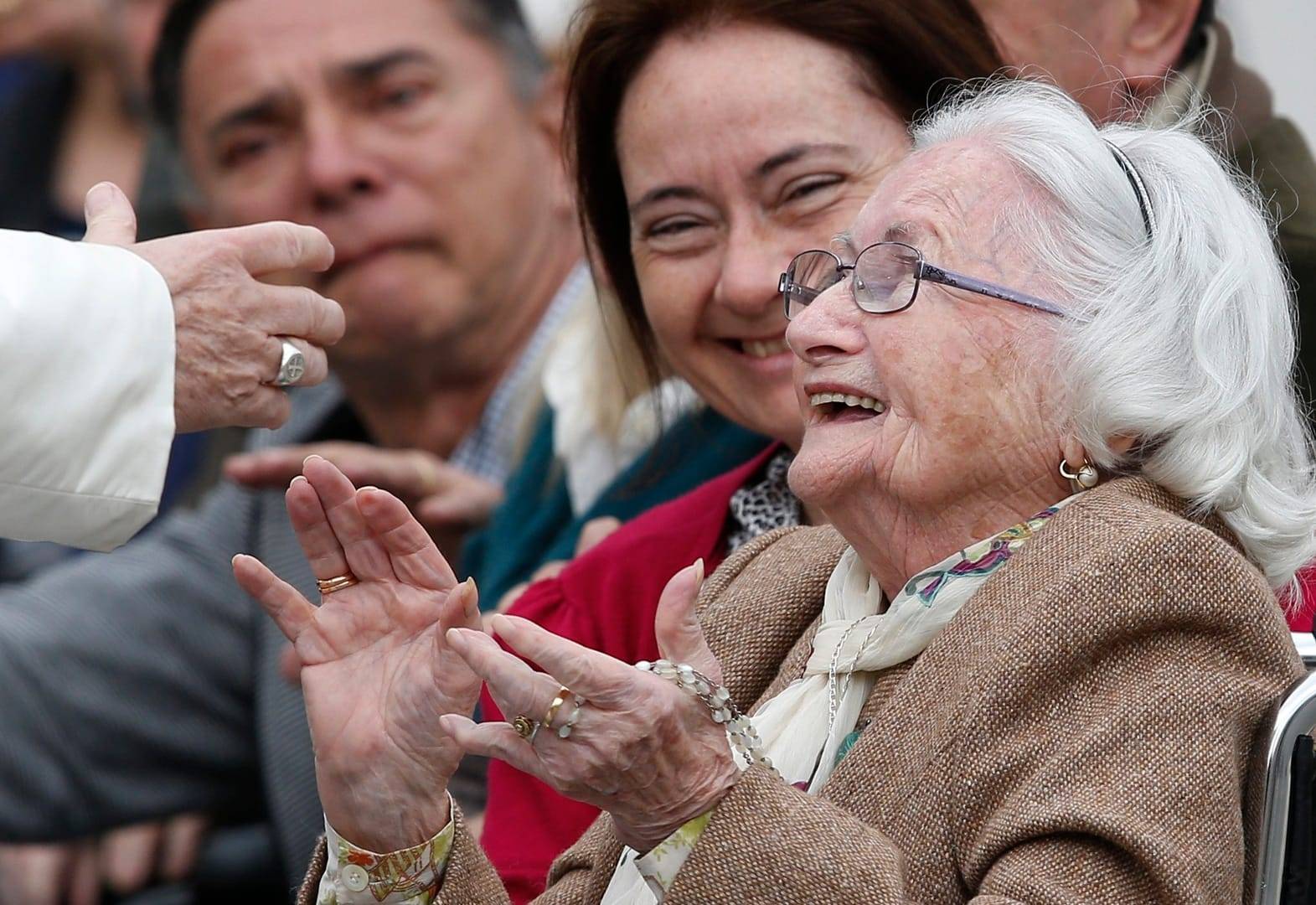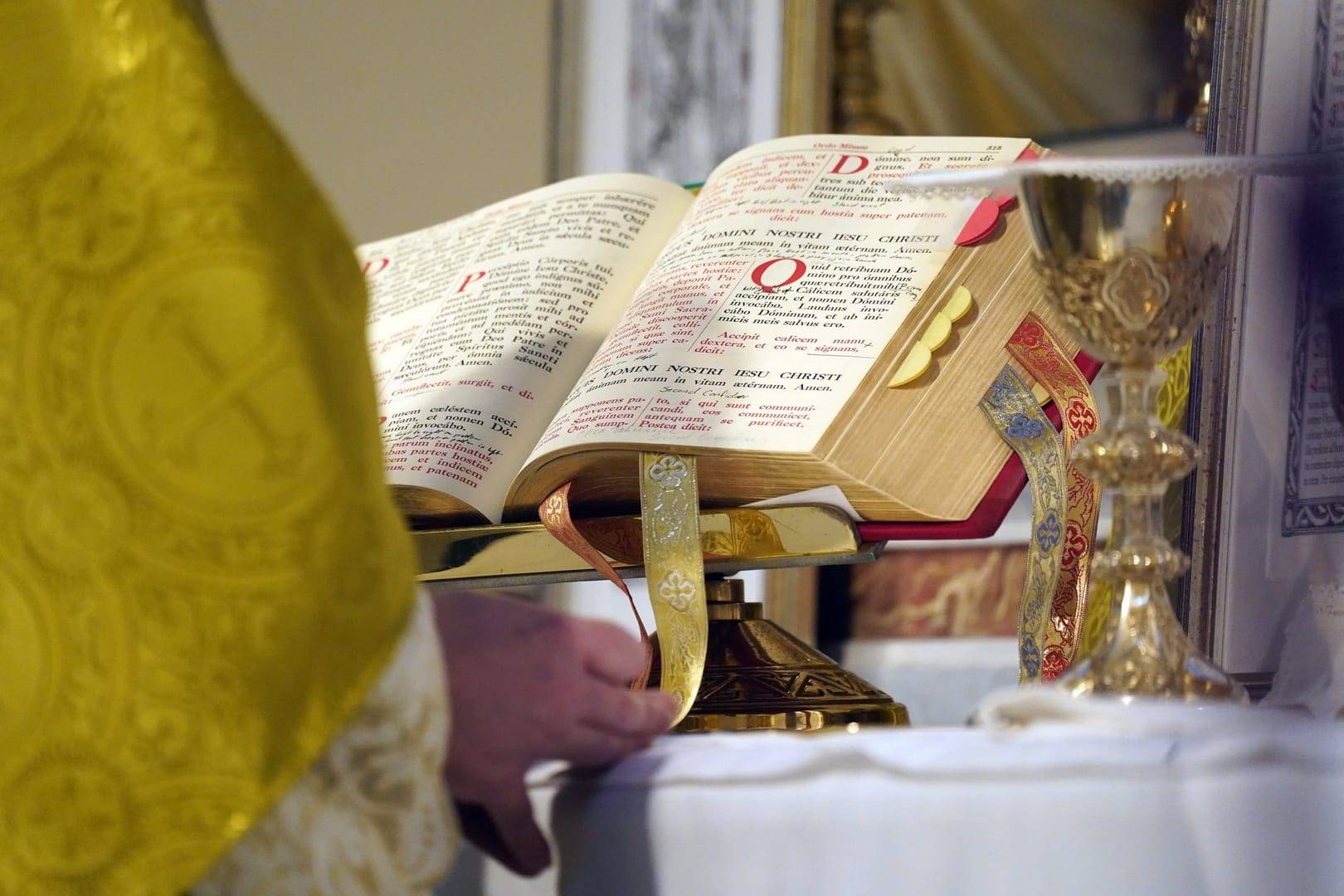MUMBAI, India – Bangladeshi Catholics must break taboos surrounding sexual abuse to end a culture of silence, according to the country’s top prelate.
Cardinal Patrick D’Rozario, the Archbishop of Dhaka, leads the small Catholic community in the Muslim-majority South Asian country. Christians make up just 0.5 percent of the population and there are only around 400,000 Catholics in the country.
D’Rozario spoke to Crux about the new papal legislation on clerical sex abuse, Vos Estis Lux Mundi, which came out May 9 and goes into effect June 1.
Among other things, the new law stipulates that every diocese in the world must have a “system for reporting” by June 1, 2020; all priests and members of religious orders are to report cases of sexual abuse and cover-up to Church authorities, but they must follow local law when it comes to reporting to civil authorities; and abuse or cover-up by bishops must be brought to the attention of Metropolitan archbishops, but in case the Metropolitan is accused of abuse (as for instance would have been the case of former Cardinal Theodore McCarrick), reporting can be done directly to the Holy See through the papal representative in the country.
RELATED: Pope issues global standards for reporting, investigating clergy abuse
D’Rozario said the bishops of Bangladesh – the country has two archdioceses and six dioceses – will discuss the document during their August meeting.
“The new norms for handling clerical sex abuse are concrete norms, which is good. In Bangladesh, however, we have not got any reported cases of abuse by clerics or consecrated. We had only one reported case, but it was investigated by our current norms and settled,” the cardinal said.
“Our concern is: We have to create awareness, and it is important to highlight the prevention and protection of children and vulnerable adults. It is a taboo to speak of abuse of minors and vulnerable people in our society, because of a culture of silence that prevails in society,” he added.
D’Rozario said the Church hasn’t been immobile in the face of the global abuse crisis, and pointed to several measures the country’s bishops’ conference has approved in the past few years.
In 2015, guidelines for dealing with clerical abuse were approved and a code of conduct for clergy and religious was authorized. The next year, a policy on the protection of minors in Church institutions was approved, and in 2017, a code of conduct for these institutions was also implemented.
“Our concern is more on the protections of the rights of minors and vulnerable people,” the cardinal explained. “Our emphasis is on prevention of abuse in society and also institutional abuse.”
RELATED: Ahead of elections, Bangladesh cardinal calls on politicians to tackle corruption
D’Rozario said the Church needs to play a “vital role” in ensuring the rights of children in Bangladesh and work to create “a child-friendly environment, moral and religious formation, and a system for their protection from various forms of abuse.”
He said during their August meeting, the bishops will discuss the new papal norms, especially about what form the reporting mechanism will take, a review of the existing norms, and proper evaluation of the responsibilities and accountability of those who care for children and vulnerable adults.
“These new norms are integrated with Rome, and the local diocese and the metropolitan have a responsibility to be accountable. We have to be accountable in a transparent manner,” the cardinal explained.
He also said that earlier this month, a meeting was organized by the Episcopal Commission for Justice and Peace with the NGO World Vision in Dhaka to discuss ways to work together “in order to guarantee children a healthy environment in which to live and grow, in the family and in society, with the proper medical care, the necessary leisure and adequate food.”
Crux is dedicated to smart, wired and independent reporting on the Vatican and worldwide Catholic Church. That kind of reporting doesn’t come cheap, and we need your support. You can help Crux by giving a small amount monthly, or with a onetime gift. Please remember, Crux is a for-profit organization, so contributions are not tax-deductible.

















